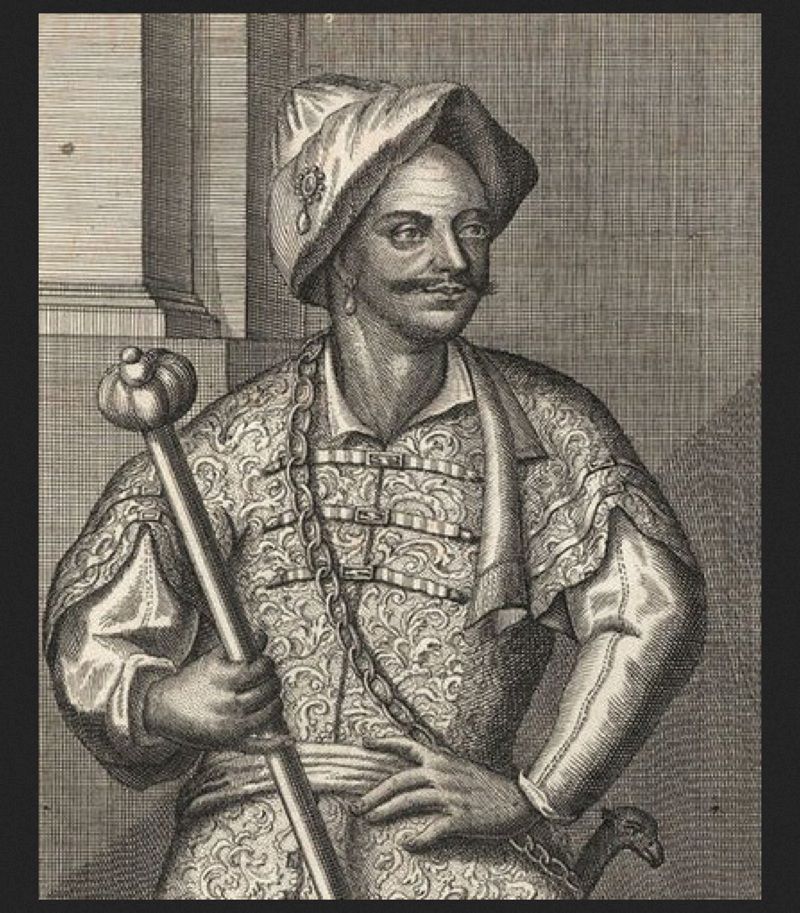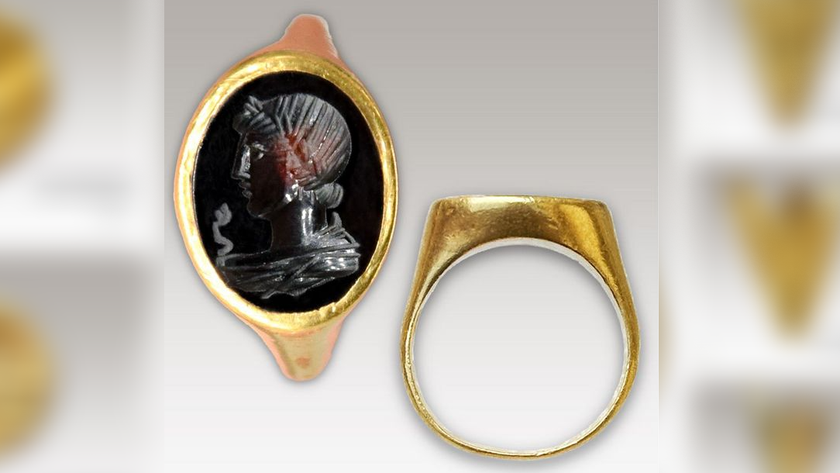Sultan of Schwing: How Moroccan Ruler Could Sire 1,000 Kids Revealed

Sultan Moulay Ismaïl of Morocco, "The Bloodthirsty," reputedly sired hundreds of children and perhaps more than a 1,000. Now computer simulations suggest this could have been possible if the ruler had sex about once a day for 32 years.
Ismaïl, who reigned from 1672 to 1727, was the first great sultan of the Moroccan Alaouite dynasty, the current royal house of the kingdom. He was Sharifian — that is, he claimed descent from Muhammad, the founder of Islam.
Ismaïl's rule was the longest in Moroccan history, and toward its end he controlled the country with an army of more than 150,000 men. Ismaïl was infamously ruthless — his reign is said to have begun with the display of 400 heads at the city of Fez, most of them from enemy chiefs, and over the next 55 years it is estimated he killed more than 30,000 people, not including those in battle. [Photos: The 10 Epic Battles That Changed History]
Any suspicion of adultery against Ismaïl was severely punished. The women were either strangled by the sultan himself, or their breasts were cut off, or their teeth torn out. Men who merely looked at one of his wives or concubines were punished by death.
According to the Guinness Book of World Records, Ismaïl fathered 888 children, the greatest number of progeny for anyone throughout history that can be verified. Based on reports by Dominique Busnot, a French diplomat who frequently traveled to Morocco, the sultan may actually have had 1,171 children from four wives and 500 concubines by 1704. At that time, Ismaïl was 57 and had ruled for 32 years.
Some researchers claimed it was unlikely Ismaïl could have fathered that many offspring, noting that women are only fertile for a small window each month, that sperm usually do not fertilize eggs, and that infertility often afflicts women, especially in the developing world. However, other scientists argued women are more fertile than those doubting Ismaïl had said.
To solve this question, scientists developed computer simulations to see how many times Ismaïl had to have sex each day to have 1,171 children in 32 years. They found the sultan could have set this record.
Sign up for the Live Science daily newsletter now
Get the world’s most fascinating discoveries delivered straight to your inbox.
"We were as conservative as possible with our calculations, and Moulay could still achieve this outcome," study lead author Elisabeth Oberzaucher, an anthropologist at the University of Vienna, told Live Science.
The simulations were based on a variety of models of conception. For instance, one set of simulations assumed the menstrual cycles of women do not synchronize, while another suggested they could. Other factors included how good Ismail's sperm were at fertilizing women's eggs as he aged and how women often may look more sexually attractive when they are most fertile during their menstrual cycles.
The simulations suggest Ismaïl needed to have sex an average of 0.83 to 1.43 times per day in order to father 1,171 children in 32 years. Moreover, the sultan did not need a harem of four wives and 500 concubines to sire that many offspring — the researchers suggest he needed a harem of only 65 to 110 women.
Although the models of conception the researchers employed ultimately all found that Ismaïl could have actually had all these children, "the results from them were all quite different from each other," Oberzaucher said. "This really emphasizes to us how important it is to choose the right model for studies of reproduction — you really want to know what kind of women you actually are doing your calculations with, thinking about where women are in their life cycles and the sexual habits of women."
Oberzaucher and her colleague Karl Grammer detailed their findings Feb. 14 in the journal PLOS ONE.
Follow us @livescience, Facebook& Google+. Original article on Live Science.












